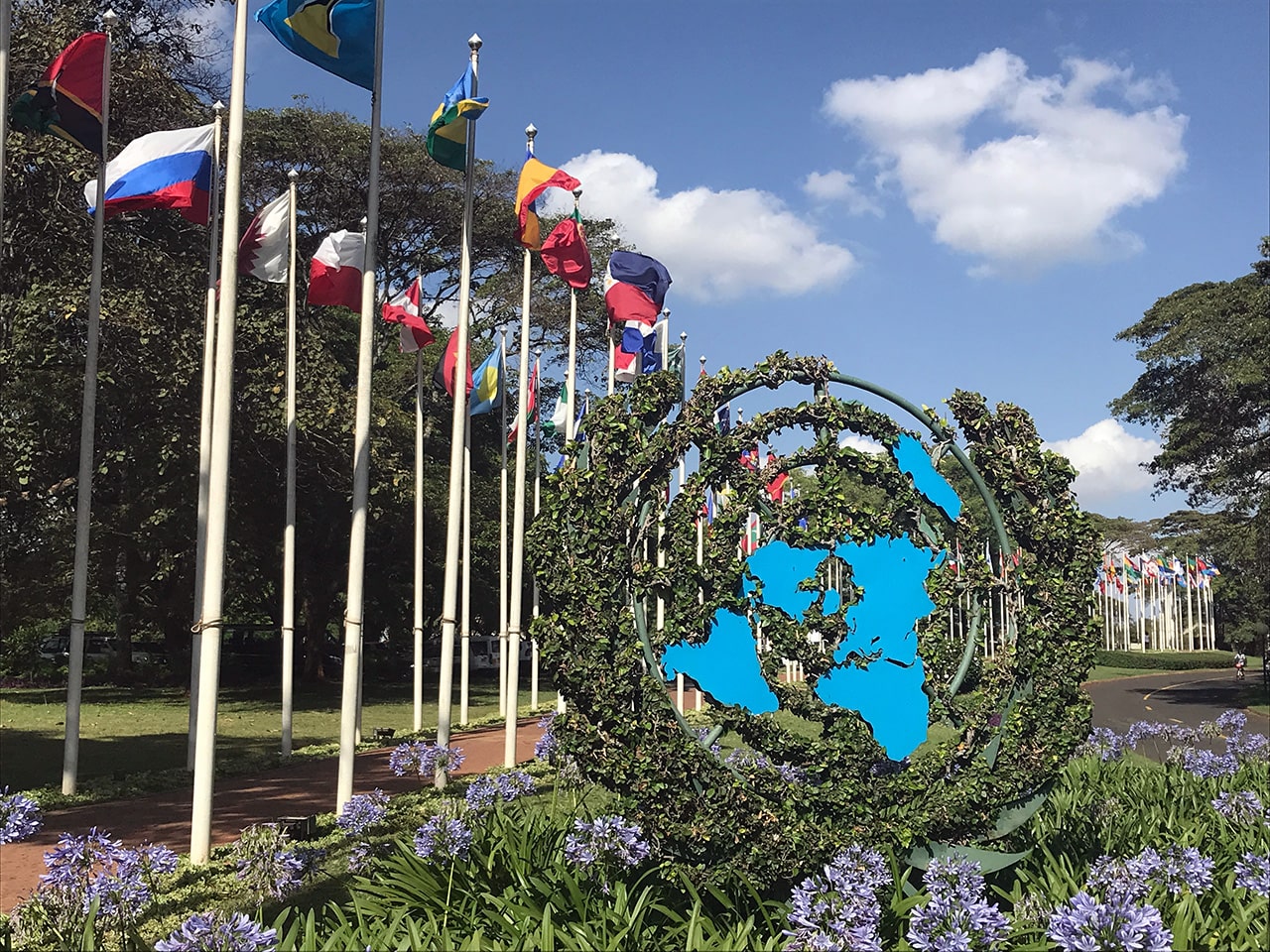Governments and the UN have started the complex process of defining the new international framework for biodiversity post-2020. The result will set the level of ambition for actions by countries and other stakeholders to reduce biodiversity loss and protect our planet – for at least the next decade. As part of this process, the UN is holding several regional consultations.
African governments and stakeholders got together to discuss their priorities in Addis Ababa (Ethiopia), providing inputs and recommendations in several areas, including the structure, goals and targets for the next global biodiversity plan. Discussions also covered financing and technical and scientific cooperation. Even though synthetic biology was not extensively discussed in the main plenary, it featured in the group sessions, as an important field of innovation. Some participants cited the need for Africa to develop its own crop of scientists and experts who can guide the continent in issues relating to biotechnology and biosafety and help develop technologies for the continent.

This comes as a logical follow up to the series of reports released last year by the High-Level African Union Panel on Emerging Technologies (APET), highlighting the role that new technologies could play in supporting sustainable development in the region. The report on “Gene Drives for Malaria Control and Elimination in Africa” highlighted that “Africa should invest in the development and regulation of gene drive technology”, an example of developments in synthetic biology that are prompting renewed discussions on the role of science and innovation for health and conservation.
Another important topic of discussion was the future of the CBD protocols and how key concepts, such as biosafety and access and benefit sharing, should be featured in the future biodiversity framework.

Representatives of the Food and Agriculture Organization of the United Nations (FAO) and United Nations Environment Programme (UNEP) were at the meetings and gave presentations on The State of the World’s Biodiversity for Food and Agriculture (FAO), the Regional Assessment Report on Biodiversity and Ecosystem Services: Africa (UNEP’s IPBES), and Visioning the World by 2050 (UNEP). In addition, participants also had the opportunity to discuss communication strategies for biodiversity. They also received an overview of the post-2020 discussion paper and submissions. CBD representatives delivered both presentations and they are available here.
The next regional consultation will be for Latin America and the Caribbean, from 14 -17 May in Montevideo, Uruguay. Further information on the preparations of the post-2020 global biodiversity framework can be found in the discussion paper here. On 15 May, CBD will make available for comment a new discussion paper, focusing on possible elements of the post-2020 global biodiversity framework.
